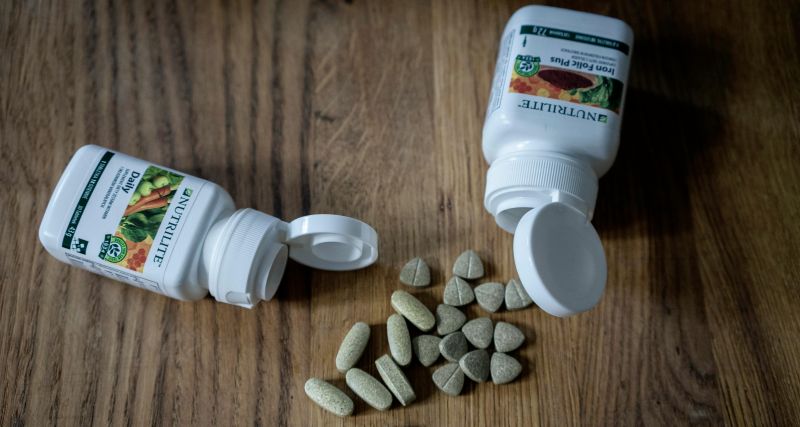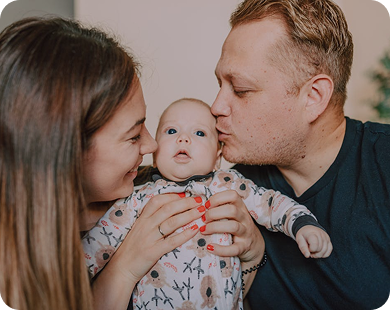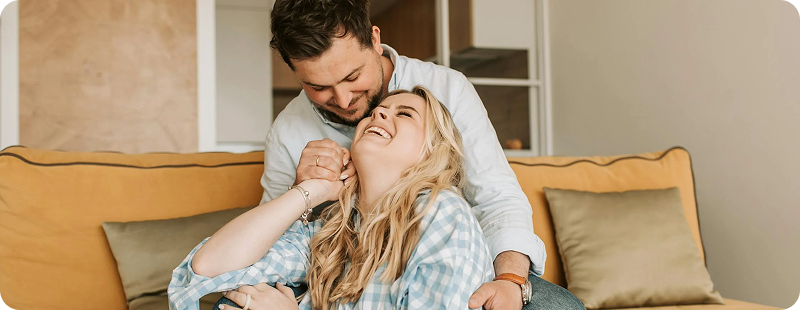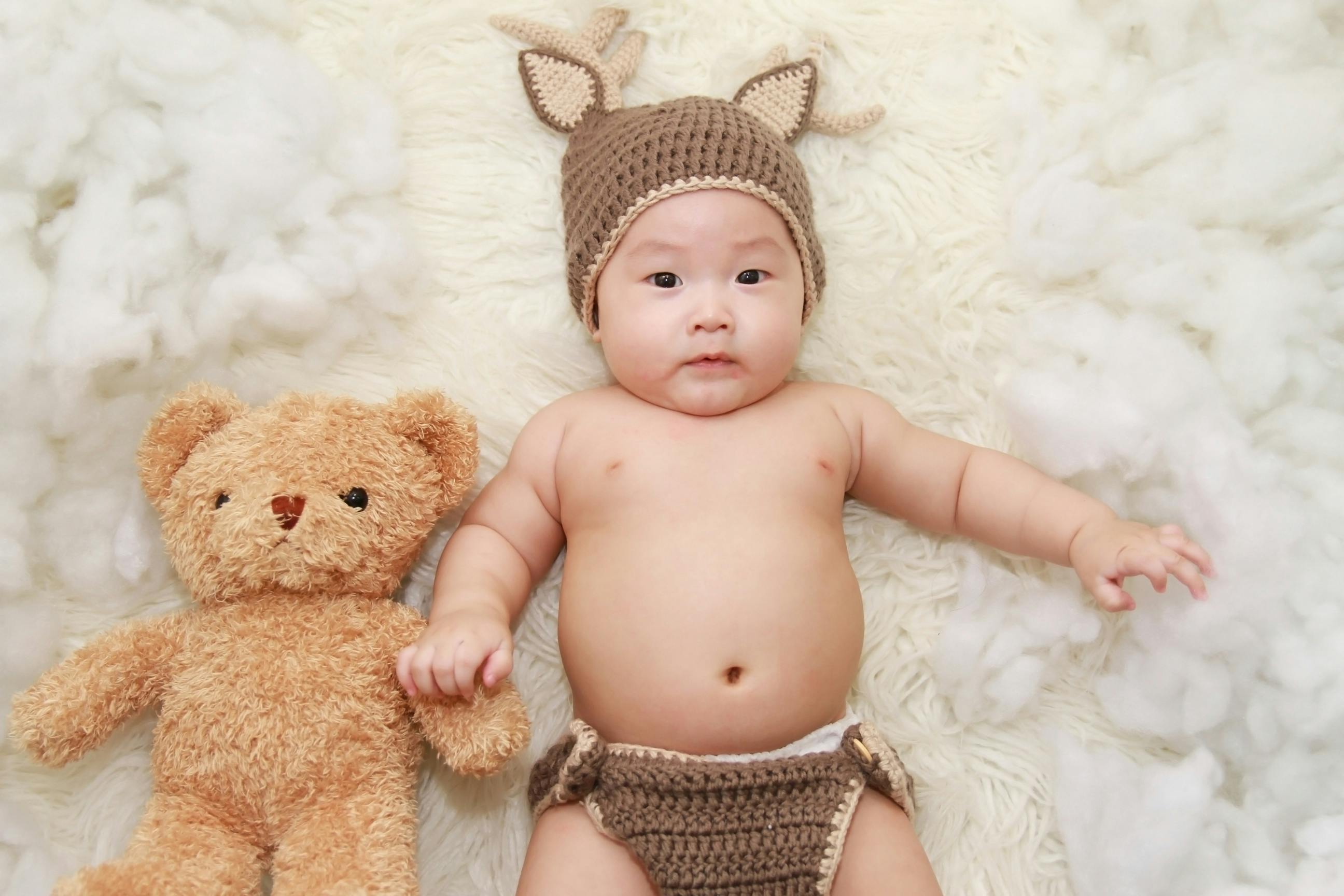Most patients achieve pregnancy within 2-3 egg retrieval cycles, though this varies significantly based on age, diagnosis, and individual factors. Understanding what influences your chances can help you prepare emotionally and financially for your IVF journey.
Understanding IVF Success Rates by Retrieval Cycle
When you're starting IVF, one of the most pressing questions is how many egg retrievals you might need before holding your baby. The answer isn't straightforward because every person's fertility journey is unique, but research gives us valuable insights into what you can expect.
According to recent studies, cumulative success rates increase with each retrieval cycle. The first cycle typically has the highest individual success rate, but many patients need multiple attempts to achieve their goal of parenthood.
| Retrieval Cycle | Individual Success Rate | Cumulative Success Rate |
|---|---|---|
| 1st Cycle | 35-45% (varies by age) | 35-45% |
| 2nd Cycle | 30-40% | 55-70% |
| 3rd Cycle | 25-35% | 70-85% |
| 4th+ Cycles | 20-30% | 80-90% |
These numbers represent averages across all age groups. Your individual chances depend on several factors we'll explore throughout this article.
Age: The Most Significant Factor
Your age at the time of egg retrieval is the strongest predictor of how many cycles you might need. This is because age affects both egg quality and quantity, directly impacting your chances of success with each attempt.
Success Rates by Age Group
| Age Range | Average Cycles Needed | Success Rate Per Cycle | Cumulative Success After 3 Cycles |
|---|---|---|---|
| Under 30 | 1-2 cycles | 50-60% | 85-90% |
| 30-34 | 2-3 cycles | 45-55% | 80-85% |
| 35-37 | 2-4 cycles | 35-45% | 70-80% |
| 38-40 | 3-5 cycles | 25-35% | 60-70% |
| Over 40 | 4-6 cycles | 15-25% | 45-60% |
If you're over 35, you might want to consider donor eggs to improve your chances significantly. This option can reduce the number of cycles needed and increase your probability of success.
Factors That Influence Your Retrieval Journey
Beyond age, several other factors determine how many egg retrievals you might need. Understanding these can help you and your fertility team develop the most effective treatment strategy.
Medical Diagnosis
Your underlying fertility diagnosis plays a crucial role in determining treatment success. Some conditions respond better to IVF than others, affecting the number of cycles you might need.
| Diagnosis | Typical Cycles Needed | Success Rate Impact |
|---|---|---|
| Tubal Factor | 1-3 cycles | Good response to IVF |
| Male Factor | 2-3 cycles | Excellent with ICSI |
| Unexplained Infertility | 2-4 cycles | Variable response |
| Endometriosis | 3-5 cycles | May need multiple attempts |
| PCOS | 2-4 cycles | Good egg numbers, quality varies |
| Diminished Ovarian Reserve | 4-6 cycles | May need donor eggs |
If you have endometriosis, for example, you might need more cycles due to potential impacts on egg quality and implantation. However, with proper treatment protocols, success is still very achievable.
Response to Ovarian Stimulation
How your ovaries respond to fertility medications significantly impacts your journey. Some patients are excellent responders, producing many high-quality eggs, while others may need adjusted protocols or multiple attempts.
| Response Type | Egg Count | Typical Outcome | Cycles Usually Needed |
|---|---|---|---|
| Excellent Response | 15+ eggs | Multiple embryos for transfer | 1-2 cycles |
| Good Response | 8-14 eggs | Several quality embryos | 2-3 cycles |
| Poor Response | 3-7 eggs | Fewer embryos available | 3-5 cycles |
| Very Poor Response | 1-2 eggs | May need protocol changes | 4+ cycles or donor eggs |
The Role of Embryo Quality and Genetic Testing
Not all embryos created during IVF will result in pregnancy. Embryo grading and genetic testing help predict which embryos have the best chance of success, potentially reducing the number of transfers needed.
Preimplantation Genetic Testing (PGT)
Many patients wonder about PGT testing and whether it's worth the additional cost. Research shows that PGT can improve success rates per transfer, though it doesn't necessarily reduce the total number of retrievals needed.
| Age Group | Normal Embryos Without PGT | Normal Embryos With PGT | Impact on Cycles Needed |
|---|---|---|---|
| Under 35 | 60-70% | 65-75% | Minimal reduction |
| 35-37 | 50-60% | 55-65% | May reduce by 1 cycle |
| 38-40 | 35-45% | 40-50% | Can reduce by 1-2 cycles |
| Over 40 | 20-30% | 25-35% | Significant reduction possible |
Fresh vs. Frozen Embryo Transfers
The decision between fresh and frozen embryo transfers can impact your overall timeline and success rates. Many clinics now prefer frozen transfers because they allow for better timing and preparation.
Frozen embryo transfers often have higher success rates because your body has time to recover from the stimulation medications, and your endometrium can be optimally prepared for implantation. This approach might mean fewer total retrievals needed to achieve pregnancy.
When to Consider Alternative Approaches
Sometimes, adjusting your treatment approach can be more effective than continuing with the same protocol. Here are situations where changes might help reduce the total number of retrievals needed.
Donor Eggs
If you're over 40 or have diminished ovarian reserve, donor eggs can dramatically improve your chances. Many patients achieve pregnancy on their first or second attempt with donor eggs, regardless of their previous IVF history.
Mini or Mild IVF
For some patients, mild stimulation protocols can be more effective than traditional high-dose approaches. While you might get fewer eggs per cycle, the quality may be better, and you can cycle more frequently.
Different Stimulation Protocols
Your response to different stimulation protocols can vary significantly. If your first few cycles haven't been successful, switching protocols might improve your outcomes.
Emotional and Financial Considerations
Planning for multiple retrievals isn't just about medical considerations. The emotional and financial aspects are equally important for your overall well-being and treatment success.
Emotional Preparation
Each retrieval cycle brings hope and potential disappointment. Emotional support throughout your journey is crucial. Many patients find it helpful to:
| Emotional Strategy | How It Helps | When to Use |
|---|---|---|
| Counseling Support | Process feelings and expectations | Before starting and throughout treatment |
| Support Groups | Connect with others in similar situations | During active treatment cycles |
| Stress Management | Improve overall well-being | Continuously throughout treatment |
| Realistic Goal Setting | Manage expectations appropriately | Before each new cycle |
Financial Planning
Understanding treatment costs and planning for multiple cycles can reduce stress and help you make informed decisions about your care.
Optimizing Your Success
While you can't control all factors affecting your IVF success, there are steps you can take to optimize your chances and potentially reduce the number of retrievals needed.
Lifestyle Modifications
Simple changes can improve your egg quality and overall treatment success:
| Lifestyle Factor | Recommended Action | Impact on Success |
|---|---|---|
| Nutrition | Follow fertility-friendly diet | Improves egg and sperm quality |
| Exercise | Moderate, regular activity | Enhances overall health |
| Sleep | 7-9 hours nightly | Supports hormonal balance |
| Stress Management | Meditation, yoga, counseling | May improve implantation rates |
| Supplements | Folic acid, CoQ10, Vitamin D | Supports egg quality |
Research shows that patients who follow fertility-supporting nutrition and maintain healthy lifestyles often need fewer treatment cycles.
What to Expect During Multiple Retrievals
If you need multiple egg retrievals, understanding what to expect can help you prepare mentally and physically for the journey ahead.
Physical Recovery
Most patients recover quickly from egg retrieval procedures, typically returning to normal activities within 2-3 days. However, your body needs time between cycles to reset hormonally.
| Recovery Aspect | Timeline | What to Expect |
|---|---|---|
| Immediate Recovery | 1-2 days | Mild cramping, bloating |
| Hormonal Reset | 2-4 weeks | Return to baseline hormone levels |
| Next Cycle Start | 4-8 weeks | Ready for new stimulation |
| Emotional Processing | Ongoing | Time to process results and plan |
Protocol Adjustments
Your fertility team will likely adjust your treatment protocol between cycles based on your response and results. This personalized approach can improve your chances with each subsequent attempt.
Success Stories and Realistic Expectations
While statistics provide guidance, remember that every patient's journey is unique. Some achieve pregnancy on their first retrieval, while others need multiple attempts. What matters most is finding the right approach for your specific situation.
According to Resolve, the National Infertility Association, approximately 85% of patients who complete three full IVF cycles achieve pregnancy (Resolve, 2023). This statistic includes all age groups and diagnoses, highlighting the importance of persistence in fertility treatment.
Making Informed Decisions
Deciding how many retrievals to attempt is a deeply personal choice that should be made with your fertility team's guidance. Consider these factors when making your decision:
| Decision Factor | Questions to Consider | Impact on Planning |
|---|---|---|
| Medical Prognosis | What are my realistic chances? | Helps set expectations |
| Financial Resources | How many cycles can I afford? | Determines treatment timeline |
| Emotional Capacity | How am I coping with treatment? | May influence timing and support needs |
| Alternative Options | Should I consider donor eggs or adoption? | Affects long-term planning |
The Importance of Choosing the Right Clinic
Your choice of fertility clinic significantly impacts your success rates and overall experience. Selecting the right clinic can potentially reduce the number of retrievals needed through:
| Clinic Factor | How It Helps | Questions to Ask |
|---|---|---|
| Laboratory Quality | Better embryo development | What are your lab success rates? |
| Personalized Protocols | Optimized stimulation | How do you customize treatment? |
| Advanced Technology | Improved outcomes | What technologies do you use? |
| Experienced Team | Better decision-making | What is your team's experience? |
At Avida Fertility, we understand that every patient's journey is unique. Our experienced team uses the latest technology and personalized protocols to optimize your chances of success with each retrieval cycle.
Frequently Asked Questions
Is there a limit to how many egg retrievals I can have?
There's no strict medical limit, but most fertility specialists recommend evaluating your approach after 3-4 unsuccessful cycles. This allows time to consider protocol changes or alternative treatments like donor eggs.
Do success rates decrease with each retrieval?
Individual cycle success rates may slightly decrease, but your cumulative chance of pregnancy increases with each attempt. The key is working with your team to optimize each cycle based on previous results.
How long should I wait between retrievals?
Most clinics recommend waiting at least one full menstrual cycle between retrievals, though some patients may need longer for optimal recovery. Your fertility team will guide this timing based on your individual response.
Can I improve my chances between cycles?
Yes, focusing on improving egg quality through nutrition, supplements, stress management, and lifestyle changes can enhance your success with subsequent cycles.
When should I consider donor eggs?
Consider donor eggs if you're over 42, have very low AMH levels, or have had multiple failed cycles with poor egg quality. Your fertility specialist can help you determine the right timing for this decision.
Moving Forward with Confidence
Understanding that most patients need 2-3 egg retrievals to achieve pregnancy can help you approach your fertility journey with realistic expectations and appropriate planning. Remember that each cycle provides valuable information that helps optimize your next attempt.
The path to parenthood through IVF isn't always straightforward, but with the right medical team, emotional support, and realistic expectations, the vast majority of patients eventually achieve their goal of holding their baby.
Your fertility journey is unique, and the number of retrievals you need will depend on your individual circumstances. What matters most is having a comprehensive plan, excellent medical care, and the emotional support you need throughout the process.
Considering IVF treatment? Avida Fertility is here to support and guide you on your fertility journey. Reach out today for a personalized consultation and take the first step towards building your family with confidence.






.png)







.svg)
.svg)
